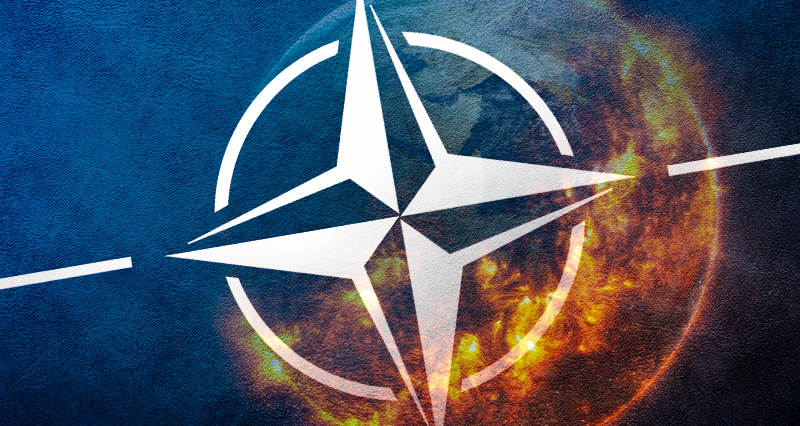Agenda of the meeting of the heads of state.
Agenda of the meeting of the heads of state.
The 2025 NATO Summit in The Hague will mark a critical moment for the alliance, with member states set to redefine defense commitments, address emerging global threats, and recalibrate alliance cohesion in response to shifting geopolitical dynamics.
Main Points of Discussion
1. Increased Defense Spending
NATO leaders are expected to adopt a more ambitious 5% of GDP defense spending target by 2035: 3.5% for traditional military forces, 1.5% for cyber defense, infrastructure, and technology. This marks a significant increase from the current 2% guideline. Spain has negotiated an opt-out, citing its own national priorities.
2. Alliance Unity & U.S. Relations
The summit agenda has been streamlined to maintain focus and minimize political sensitivity, especially in light of U.S. elections. NATO aims to present a united front while also pushing for greater European contributions to collective defense.
At the same time, member states are expected to compete for influence inside the alliance. German Foreign Minister already demanded a leading role for his country inside NATO.
3. Strategic Threats & Global Security
Russia: Strong concern remains about potential aggression in the next five years. The alliance will emphasize air and missile defense upgrades.
Ukraine: President Volodymyr Zelenskyy has been invited to attend a working dinner and the royal reception, but Ukraine’s role in formal sessions has been downplayed, signaling a nuanced stance.
Middle East & Indo-Pacific: Updates on the Iran-Israel conflict, Indo-Pacific stability, and broader regional security are expected.
4. Cybersecurity & Infrastructure Modernization
NATO will prioritize investment in modern defense infrastructure and cybersecurity capabilities, aligning with the new budget goals.
Member states will discuss how to build resilience in the face of hybrid threats and digital warfare.
5. Diplomatic Engagements & Public Communication
A Defense Industry Forum and a Public Forum will allow for engagement with private sector leaders, civil society, and youth.
Heads of state will meet in formal sessions, complemented by high-level dinners and a royal reception hosted by the Dutch monarchy.
Critics’ Perspectives
NATO’s increase of defense spending is criticized as a means of militarization of international politics. Instead of diplomacy, the alliance is preparing to rely more and more on coercive military power. Many voices, including inside member states, see the danger of a new world war arising.
Others argue that the dramatic increase in defense spending risks diverting funds from social needs, such as healthcare, education, and climate action—especially in countries already facing economic strain. Peace advocates and some opposition parties in member states have warned that the militarization trend could provoke rather than deter conflict, especially with Russia. Human rights organizations have also raised concerns over the limited inclusion of Ukraine in decision-making, despite its frontline role in the ongoing war. Additionally, transparency watchdogs question whether the summit’s compressed format allows for meaningful public scrutiny or genuine democratic debate.
Conclusion
The 2025 NATO Summit comes at a time of heightened global instability and internal pressure for reform. With the proposed shift to a 5% defense spending goal, NATO is signaling its intent to modernize and prepare for long-term threats, while addressing the political realities of transatlantic relations. The outcomes of The Hague summit will likely shape NATO’s strategic direction for the next decade.

















Leave a Reply